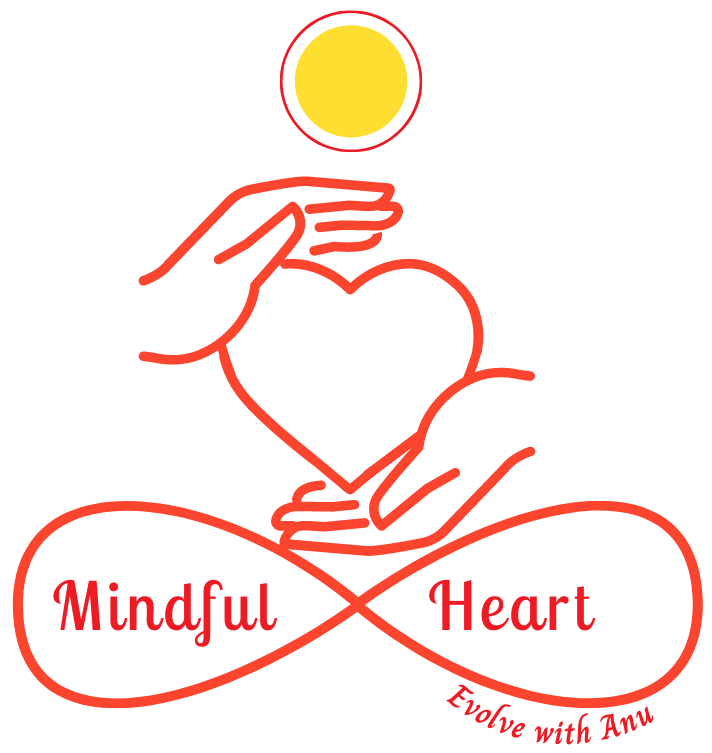Happi-Kaapi-Chats
Emotional & Mental Well Being Counselling
Emotional & mental well-being is very important to manage our daily tasks, routine and the quality of our life depends upon it.
Simply said, anything that comes in the way of our daily routine needs attention. That attention is in the form of Counselling or Therapy. There are various psychological tools & techniques used by Psychologists that help one to overcome the obstacles in following the regular daily activities.
Examples of these obstacles can be varied, ranging from inability to get a sound sleep at night to losing appetite. Or, losing the enthusiasm to get out of the bed every morning. These are only the symptoms of disturbance, however, the root cause could be challenges in relationships, career path, health related challenges, etc.
A good psychologist helps identify the root cause and guides with an appropriate set of self-reflective questions or even deeper interpretations to uncover the layers of thoughts & emotions that one goes through.
We experience both mental and emotional behaviors in different stages of our life. However, the mental behavior is known to be dealing with the human brain whereas emotional behavior is considered to be dealing with the heart.
Therefore, it can be said that mental and emotional health process different parts of our mind and conduct. The state of our mental health reflects how well our mind processes information and experiences. On the other hand, our emotional health revolves around how we express our emotions based on those experiences.
Simply said, anything that comes in the way of our daily routine needs attention. That attention is in the form of Counselling or Therapy. There are various psychological tools & techniques used by Psychologists that help one to overcome the obstacles in following the regular daily activities.
Examples of these obstacles can be varied, ranging from inability to get a sound sleep at night to losing appetite. Or, losing the enthusiasm to get out of the bed every morning. These are only the symptoms of disturbance, however, the root cause could be challenges in relationships, career path, health related challenges, etc.
A good psychologist helps identify the root cause and guides with an appropriate set of self-reflective questions or even deeper interpretations to uncover the layers of thoughts & emotions that one goes through.
We experience both mental and emotional behaviors in different stages of our life. However, the mental behavior is known to be dealing with the human brain whereas emotional behavior is considered to be dealing with the heart.
Therefore, it can be said that mental and emotional health process different parts of our mind and conduct. The state of our mental health reflects how well our mind processes information and experiences. On the other hand, our emotional health revolves around how we express our emotions based on those experiences.
A good psychologist uses the 5 step method as described:
Step 1: Rapport Building – it is important that the client and the counsellor agree upon the method used; and, build a foundation of trust, credibility and authenticity by understanding each other. At this stage, it is also important to see of the values & principles match and that a commitment is made towards each other.
Step 2: Problem Assessment – it is imperative that the RCA (root cause analysis) is done properly for appropriate diagnostic assessment. When done correctly, we can move on to identifying appropriate technique & tools needed to help the client overcome their challenges.
Step 3: Goal Setting – once the tools are understood and applied, there is an agreement on goal setting to see effectiveness of the therapy done.
Step 4: Counselling Intervention – any challenges in following the set path are re-assessed, if required, counselling sessions are given. To discuss and understand the pattern of thoughts / behaviour.
Step 5: Evaluation, Termination, or Referral – The case is closed with appropriate terms & conditions as mutually agreed. At this point, it is important to take feedback from each other to enhance the services and for the records in case of any repeat sessions required at a later time.
Coaching
Coaching is unlocking a person’s potential to maximise their own performance. It is helping them to learn rather than teaching them
-John Whitmore
(Coaching for Performance)
Personal Coaching sessions unlock hidden resources and potentials of an individual. Coaching creates an atmosphere of trust and confidence, where a person discovers inner resources that they may not have known. It helps the Coachee to see various ways of achieving their goals.
